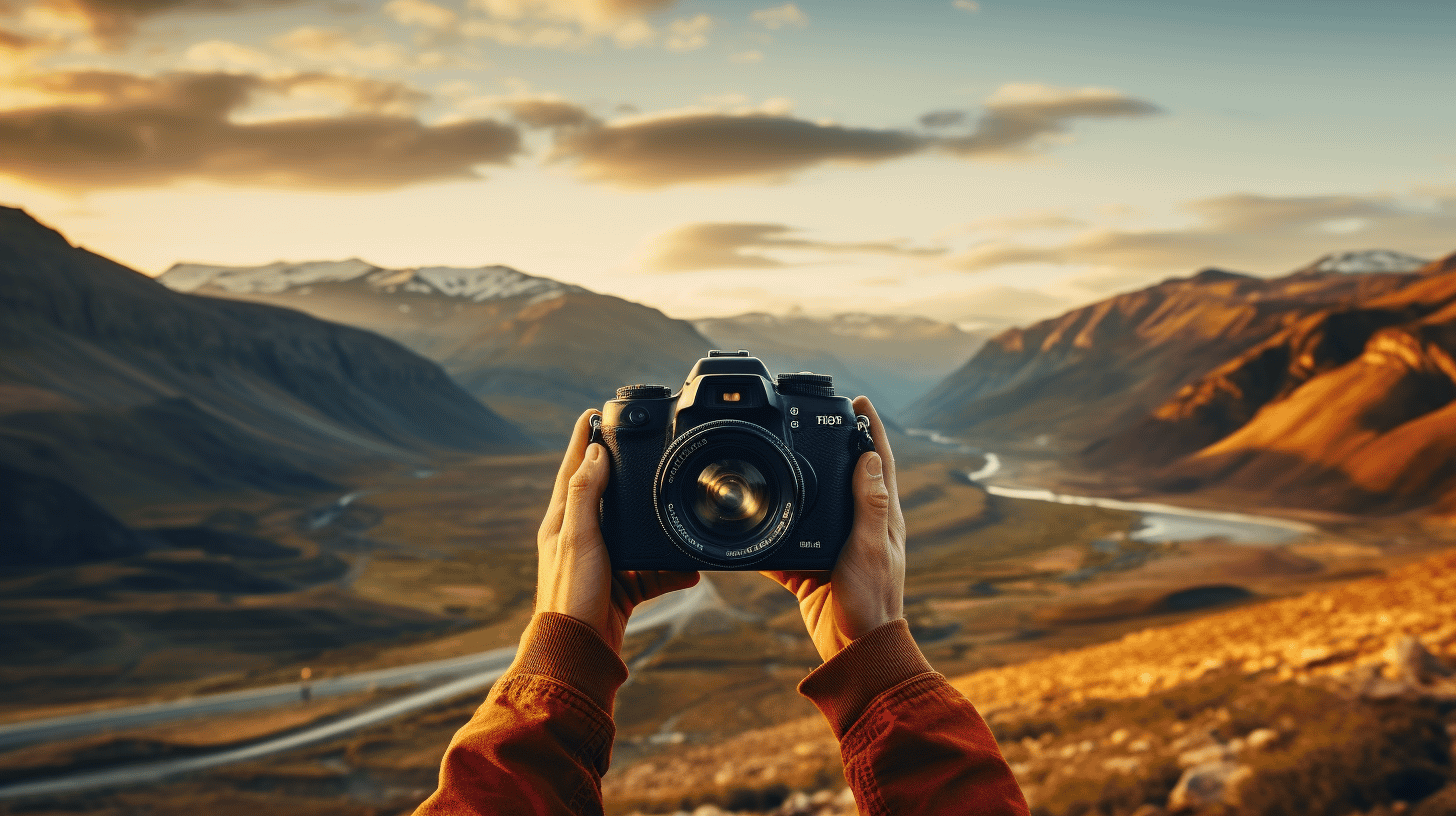As technology continues to advance, the photography industry has not been left behind. Today, Artificial Intelligence (AI) is transforming photography in ways never before imagined. Wim Arys Photography presents the 10 must-have AI photography products that are revolutionizing the industry. These products are designed to enhance photo editing, improve imagery quality, and simplify the process of capturing and sharing images. Let’s explore these game-changing innovations.
Table of Contents
- AI-powered cameras
- AI-based photo editing tools
- AI-driven image enhancement software
- AI-enabled image recognition and analysis tools
- AI-automated image curation tools
- AI-fueled drone photography
- Robotic cameras with AI capabilities
- Smartphone camera apps with AI technology
- Using AI and machine learning in photography
- Future trends in AI photography
1. AI-powered cameras
Some of today’s cameras are being equipped with AI technology to improve autofocus, image stabilization, and exposure. These features help capture high-quality images without the need for extensive photography knowledge. Examples of AI-enabled cameras include the Sony Alpha a9 II and the Canon EOS R5.
2. AI-based photo editing tools
AI-enhanced photo editing software is now capable of analyzing images and auto-correcting various aspects, like exposure and white balance. These tools can also perform advanced edits, such as object removal, color grading, and facial retouching. Some popular AI photo editing tools include Adobe Photoshop, Luminar AI, and Sky replacement on Photoshop.
i. AI-powered noise reduction
AI-driven tools such as Topaz DeNoise AI and DxO PhotoLab use advanced algorithms to analyze an image and selectively reduce noise while preserving important details.
ii. AI-assisted upscaling
Products like Topaz Gigapixel AI and ON1 Resize use advanced AI algorithms to upscale images without losing quality, making them suitable for large prints or digital displays.
3. AI-driven image enhancement software
AI-based image enhancement tools can automatically improve images by analyzing textures, colors, and lighting. They provide natural-looking results while reducing the editing workload. Examples of AI-powered image enhancement tools include Snapseed, Photolemur, and DeepArt.io.
4. AI-enabled image recognition and analysis tools
AI technology has revolutionized image recognition, allowing for faster identification, sorting, and classification of photos. Tools like Google Lens and Amazon Rekognition can analyze an image and recognize objects, locations, and people, even providing web search results related to the content of the image.
5. AI-automated image curation tools
Using AI algorithms, image curation tools such as Cloudinary and Canto can automatically sort, tag, and organize images based on their content. This dramatically reduces the time and effort required for image management tasks.
6. AI-fueled drone photography
AI is transforming the world of drone photography, providing advanced tracking capabilities, obstacle detection, and gesture recognition. Drones like the DJI Mavic 2 Pro and Autel Robotics EVO II use AI to enable impressive aerial photography with minimal user input required.
7. Robotic cameras with AI capabilities
Robotic cameras like the Sony AIBO and OBSBOT Tail use AI to automatically compose and capture photos or videos. These devices can track subjects, detect facial expressions, and adjust shooting parameters on the fly.
8. Smartphone camera apps with AI technology
AI is also improving smartphone camera capabilities through image processing algorithms and automated settings. Popular apps like Google Camera and Apple’s native Camera app benefit from AI technology to enhance photo quality and provide new shooting modes.
9. Using AI and machine learning in photography
AI and machine learning techniques are being used to train algorithms on large datasets of images. This enables advanced editing features such as object detection, scene recognition, and automatic adjustments. It also supports ongoing machine learning advancements, like generative adversarial networks (GANs) and neural networks.
10. Future trends in AI photography
As AI technology continues to advance, photographers can expect new innovations and trends, including enhanced image processing, automated composition, and virtual reality. The combination of AI, machine learning, and sophisticated algorithms will continue to influence the photography industry and shape how we capture, edit, and share images.
In conclusion, AI technology is reshaping the photography industry with a myriad of innovative products that enable photographers, both amateur and professional, to capture stunning images with ease. As technology continues to evolve, it is exciting to see what the future holds for AI-driven photography products and techniques.

0 Comments